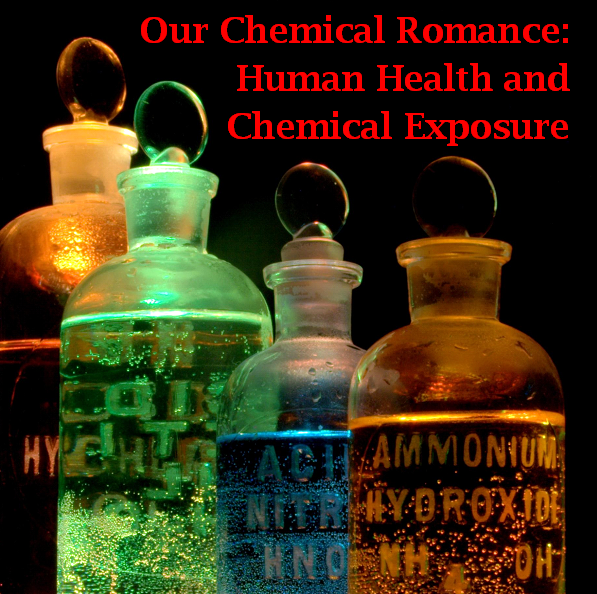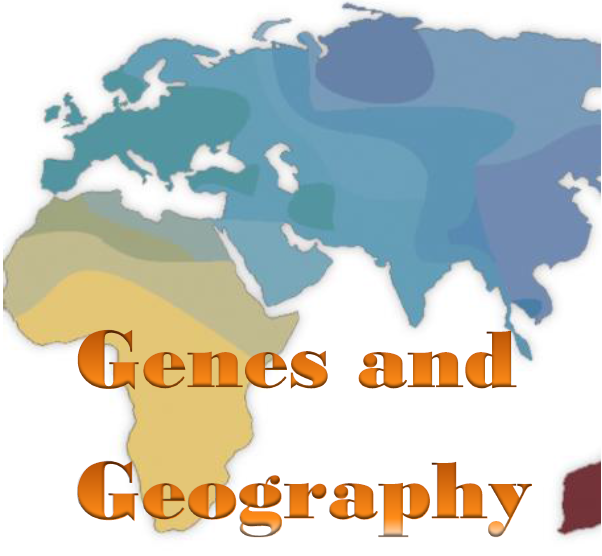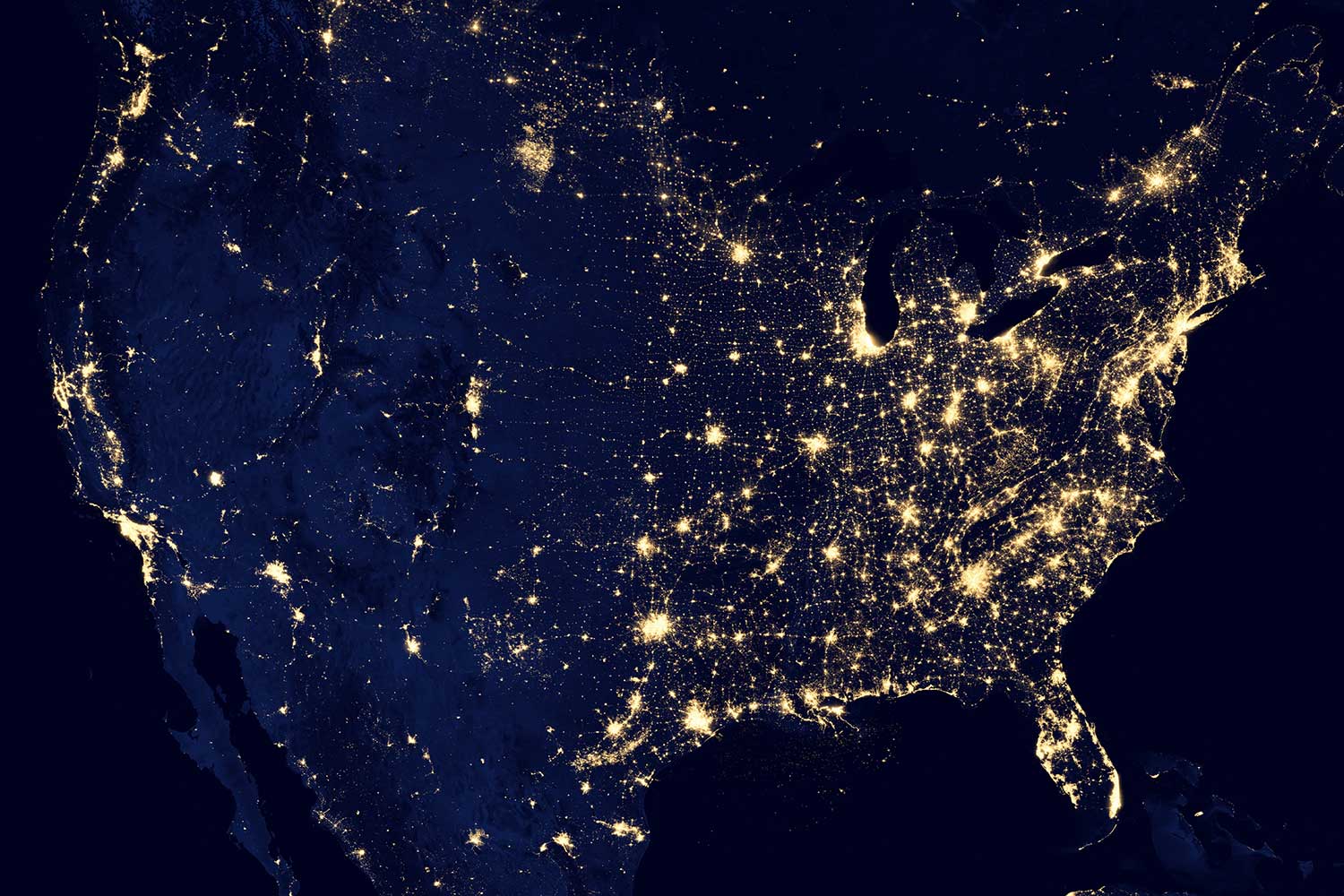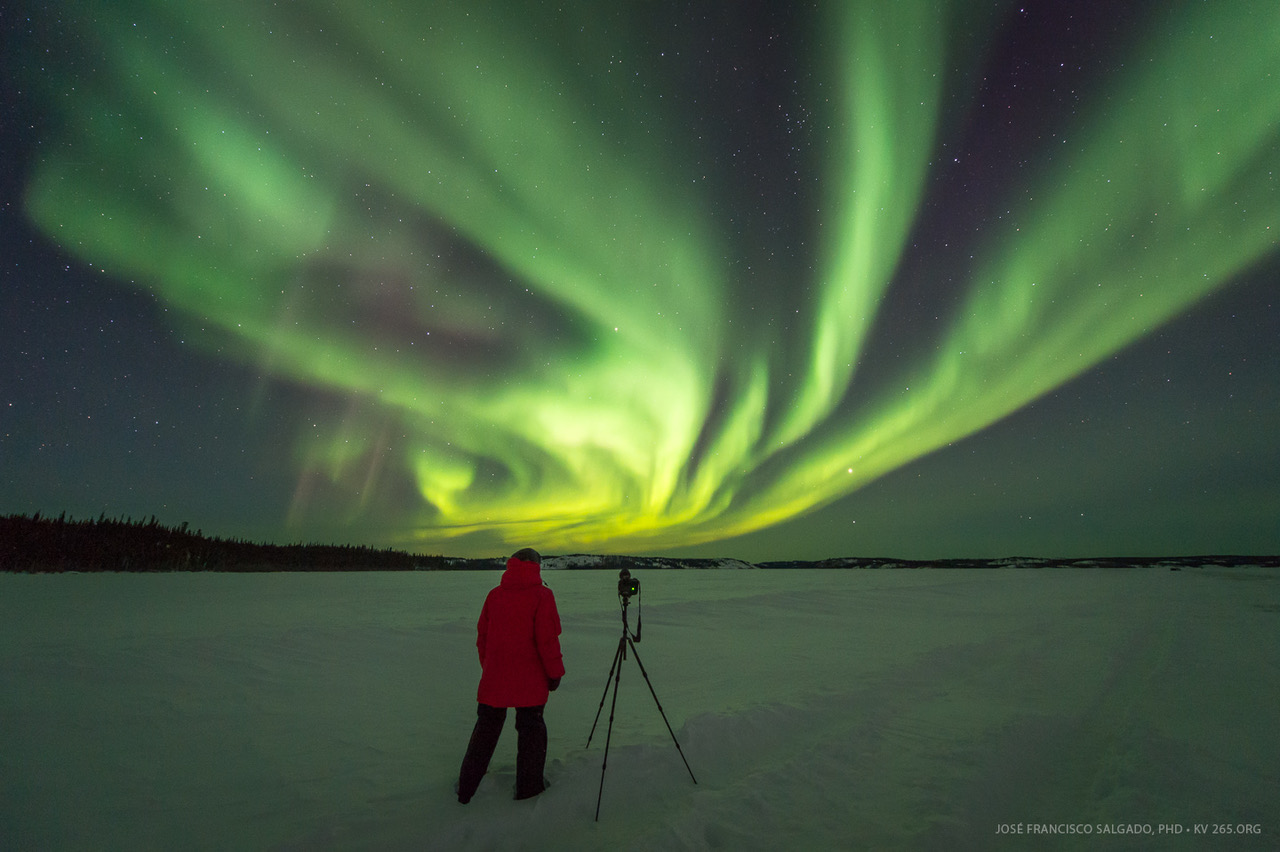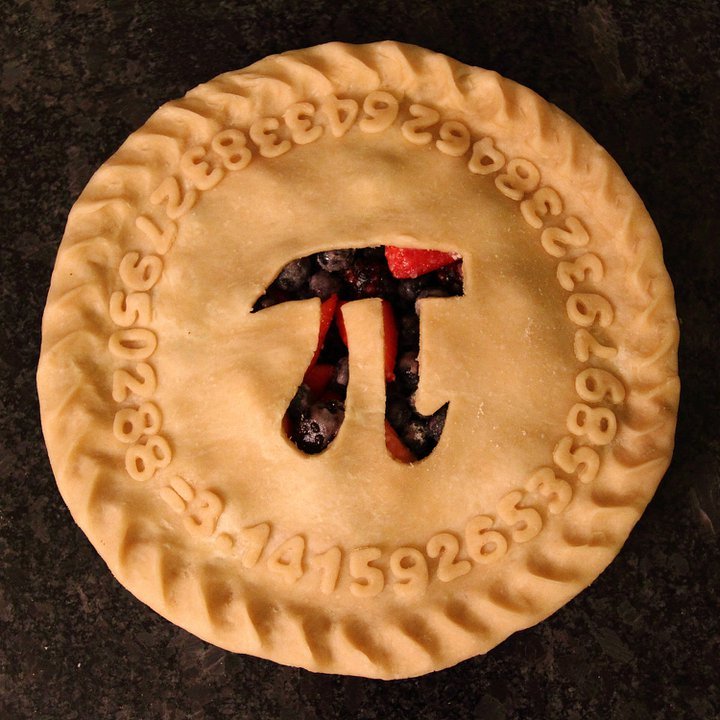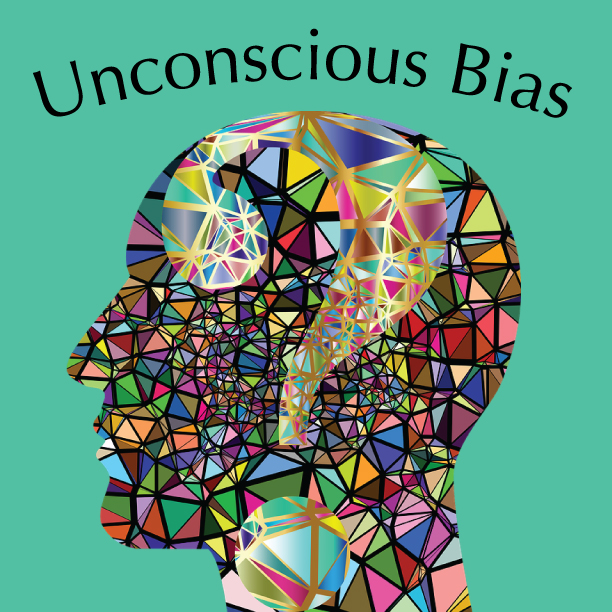Upcoming Events
C2ST achieves its mission by hosting relevant, independent, and credible public STEM programs across all scientific fields at locations throughout Chicagoland. With nine out of ten program attendees’ expectations fulfilled, our supporters agree that C2ST is accomplishing its mission of increasing the public’s understanding of science and technology.
We are dedicated to providing a professional and inclusive environment for everyone, regardless of gender, gender identity and expression, sexual orientation, disability, physical appearance, body size, race, age, or religion. Please be respectful of diversity in individuals and in cultures at our events.
Miss an event? Anyone across the globe can access our STEM program library by visiting our YouTube channel, C2ST TV. Also be sure to follow us on Facebook, where we livestream many of our programs.
Check out below what programs we have planned and discover what we’ve hosted in the past.
Privacy Policy
As a guest of Chicago Council on Science and Technology (C2ST), you agree to be photographed, videotaped, or filmed and grant C2ST permission to put the finished footage/photography to any uses that it may deem proper including marketing, advertising (print, radio, and television) and PR-related activities.
We only have access to/collect information when you sign up for our programs or that you voluntarily give us via email or other direct contacts from you. We will not sell or rent this information to anyone. We will not share your information with any third party outside of our organization.
Filter Events
February 6, 2018
Pint Chicago
1547 North Milwaukee Avenue, Chicago, IL, USA
Program Series:
Science and Society
The smell of roses, the taste of chocolate, and a touch of lipstick all have a few things in common. Of course, these items are often associated with Valentine’s Day, but they also are a great example of the various ways we are exposed to chemicals in our everyday lives. In this Science Speakeasy, we will evaluate the entire journey of some common chemicals, from point of manufacture to human exposure, and understand how risk assessors and regulators determine the safety of a chemical before its introduction into the environment and market
January 16, 2018
Pint Chicago
1547 North Milwaukee Avenue, Chicago, IL, USA
Program Series:
Life Science
Every human carries a unique individual genome. The ways in which human genomes are similar or different to one another is just now being detailed at high resolution thanks to technological advances in DNA sequencing. These new observations reveal much about our origins as humans and the evolutionary processes that shape both human adaptation and disease. Read more…
December 14, 2017
Alliance Française de Chicago
54 W Chicago Ave, Chicago, IL, USA
Program Series:
Climate, Energy, and Environment
Join us for a discussion on strengthening our future energy security through the adoption of advanced energy solutions that will diversify the U.S. economy, increase resiliency and reliability, and mitigate the global impacts of climate change.
December 12, 2017
The Radler
2375 N Milwaukee Ave, Chicago, IL, USA
Program Series:
Physical Science
Since 2012 astronomer José Francisco Salgado has been photographing the Northern Lights from Canada, Alaska, and Iceland, as part of his work communicating science through the arts. So far, his Northern Lights films set to music have been presented with orchestras in 13 cities in four countries and have reached a combined audience of 130,000 people. Read more…
November 15, 2017
Ganz Hall, Roosevelt University
430 S Michigan Ave, Chicago, IL, USA
Program Series:
Science and Society
Mathematics can be tasty! It’s a way of thinking, and not just about numbers. Through unexpectedly connected examples from music, juggling, and baking, Eugenia Cheng, Ph.D., will show that math can be made fun and intriguing for all, through hands-on activities, examples that everyone can relate to, and funny stories. Read more…
If you are a human being, you have biases — based on race, gender, sexual orientation, body shape and size, religion, height, and a host of other things. Despite our best intentions and without our self-awareness, they are the associations that creep into our thinking, and the implicit biases we hold often don’t line up with our stated beliefs. These biases can affect how we view and treat other people, and have serious, real-world implications. Read more…
